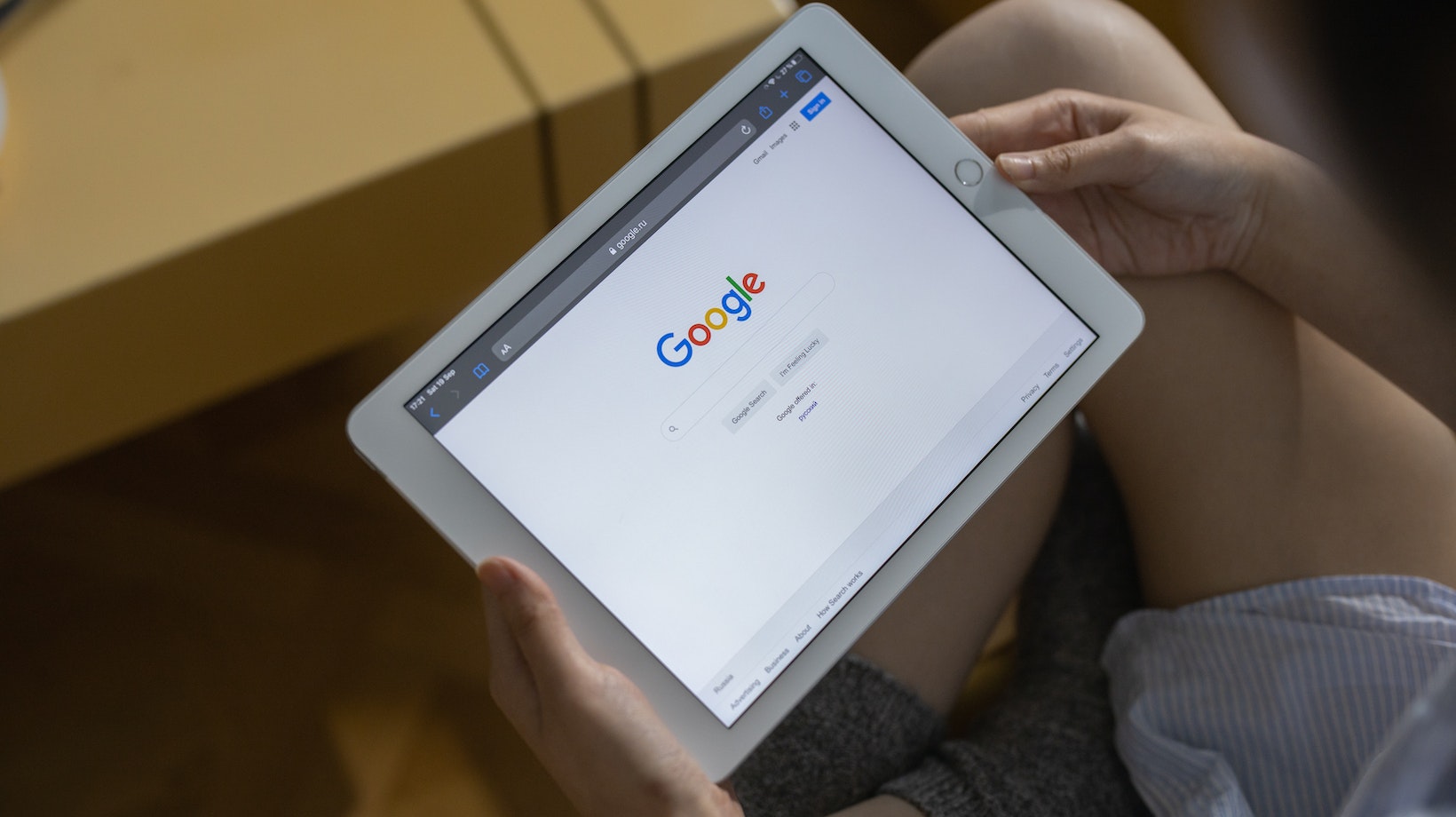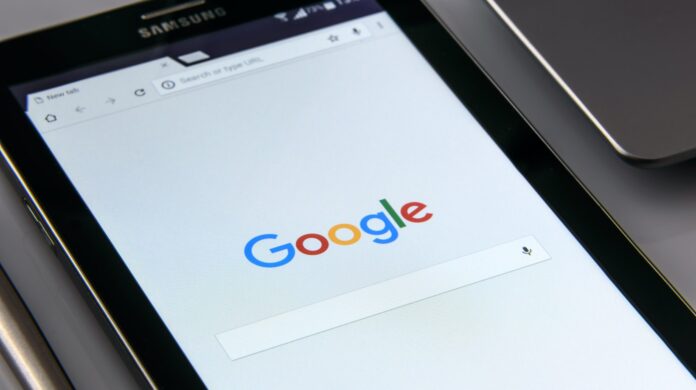Understanding Shared Files in Google Drive
We’re here to shed some light on a question that’s been buzzing around quite a bit: “If I delete a shared file in Google Drive, does it disappear for everyone?” First off, let’s understand what sharing files in Google Drive entails. When you share documents with others on this platform, you’re essentially granting them access to view, edit or comment on your files.
Now there are two main types of people involved when a document is shared – the owner and the collaborators. The owner is the person who initially created and shared the file. Collaborators are those individuals whom the owner has provided access to.
When we talk about deleting files from Google Drive, it’s crucial to distinguish between these roles because they determine what happens next. Here’s where it gets interesting!
If you’re the owner of the file and decide to toss it into Google Drive’s digital waste bin, then yes – that action will affect everyone else too. It means they’ll no longer be able to access that particular document. It vanishes from their drive once you’ve hit delete!
On the other hand, if you’re merely a collaborator and not the actual owner of the file, getting rid of it from your drive won’t impact anyone else but yourself. Other collaborators or even owners can still view and modify that document without any hindrance. Let’s summarize:
- Owners have absolute control over shared files.
- Deleting a shared file as an owner removes access for all collaborators.
- Collaborators can only remove their own access by deleting a shared file; this doesn’t affect others’ access.

If I Delete a Shared File in Google Drive, Does It Delete for Everyone
Let’s get straight to the point. If you’ve ever wondered, “If I delete a shared file in Google Drive, does it disappear for everyone?”, here’s the deal. Yes, when you hit that delete button on a file or folder in your Google Drive that’s been shared with others, it effectively removes access for all participants.
The logic behind this is simple: As the owner of that file, you have complete control over its existence. It makes sense then when you decide to pull the plug on a document, it goes away for everybody else too.
But wait! There’s more to this story than just hitting delete and waving goodbye to your content. If one of those other participants has ‘Edit’ rights — they could have saved their own copy before it went poof!. Here’s what happens:
- The deleted files move into your trash first.
- They stay there until you empty your trash.
- During this time, shared users can make copies if they have edit rights.
However, don’t panic if you accidentally deleted something important! There’s good news – Google Drive allows you to restore these documents within 30 days of deletion from the trash bin.
Does Deletion Affect Everyone’s Access
Let’s delve into a common question we hear: “If I delete a shared file in Google Drive, does it delete for everyone?” The straightforward answer is yes. When you remove a file that you’ve shared with others in Google Drive, it indeed becomes inaccessible to all parties involved.
But let’s break this down a bit more. Picture this scenario: You’ve shared an important document with your team and then decide to clean up your Google Drive. Unknowingly, you hit the ‘delete’ button on that very document. What happens next? Well, the file disappears not only from your drive but also from the drives of every individual you’ve shared it with. It seems rather drastic, doesn’t it? Nevertheless, that’s how Google Drive operates.
Now don’t panic just yet! There are some safeguards in place here. You’ll find any deleted files residing comfortably in your trash bin for 30 days following deletion unless manually emptied sooner. So if you accidentally delete that shared file and realize later, there’s still time to restore it before it’s permanently deleted.
So what can we learn from this? Be cautious when deleting files in Google Drive or any cloud-based platform for that matter – especially those which have been shared with others! Remember – once gone from your drive, they’re gone from theirs as well.


